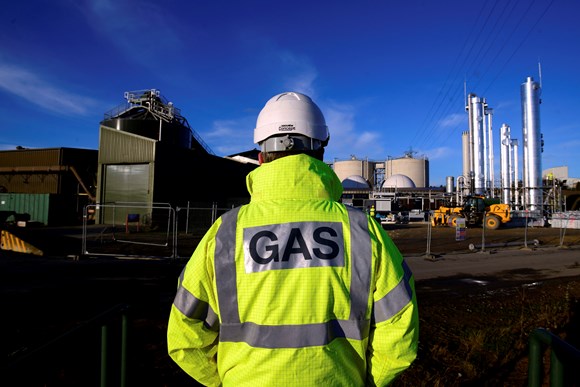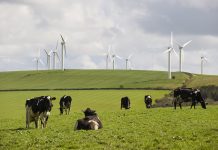Representatives of Britain’s heavy gas users in industries such as cement and glass have welcomed the gas grid operator’s decision to extend its deadline to receive DSR bids.
The National Grid Gas Transmission Operator (NG GSO) announced last week it was extending to 23 December the deadline for large continuous process manufacturers to submit their offers for gas demand side response (DSR)
Demand Side Response in gas works similarly to the process in electricity. Big consumers of the energy source, many represented by the Energy Intensive Users’ Group, are invited to curtail demand, or shift it to quiet periods on the network, in return for incentives including cash.
Record prices for gas on European trading bourses, accentuated by the continent’s savage cold snap after a mild November, have added urgency to the NG GSO’s appeal for demand response.
In its Winter Outlook issued in October, the NG-GSO voiced its assessment that Britain’s gas infrastructure was still sufficient to meet peak demand, but risks have increased.
In response, it has worked with large gas consumers, suppliers and other stakeholders to introduce a new Gas DSR service for this and next winter.
Gas DSR predominantly involves a three way party interaction between gas consumers, gas shippers and the NG GSO. Some shippers of gas suppliers have not yet put into place measures needed for large gas consumers to make use of this new DSR service from the national transmission network operator. The extension of the deadline to submit bids allows them to do so.
In a statement today EIUG director Arjan Geveke also welcomed the government’s directive to the Environment Agency (EA) to temporarily relax permitting conditions for fuel-switching from gas to permitted non-gas alternatives for EA permit holders in England, outside of normal permit conditions, during this and the next two winters.
The relaxation will allow some large gas users to participate in the new DSR service, the EIUG noted.
However, some other large gas users are regulated by local authorities to which the direction does not apply, meaning that they still cannot participate in the service by switching fuels.
The EIUG’s chair Dave Dalton also heads lobbying organisation British Glass.




